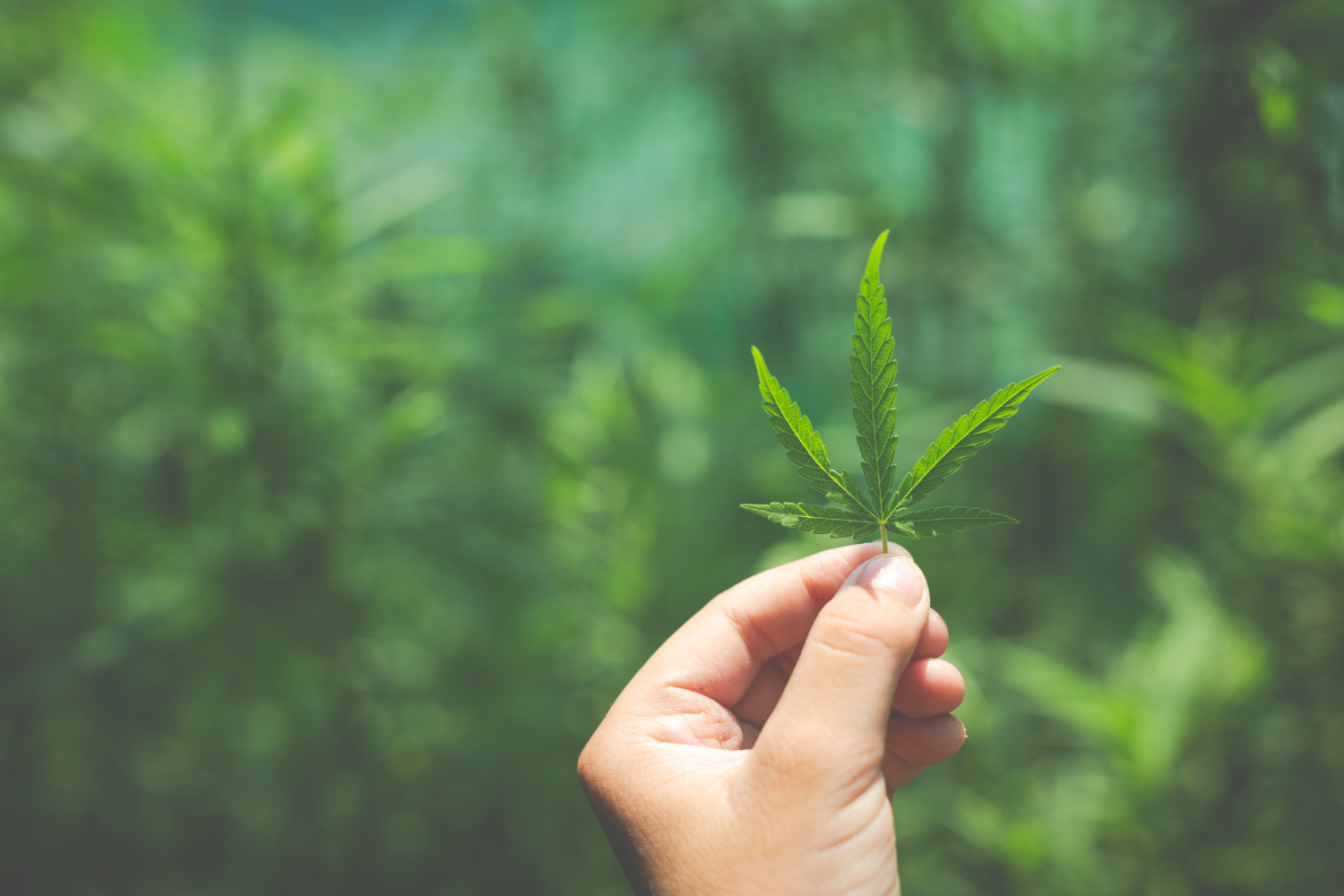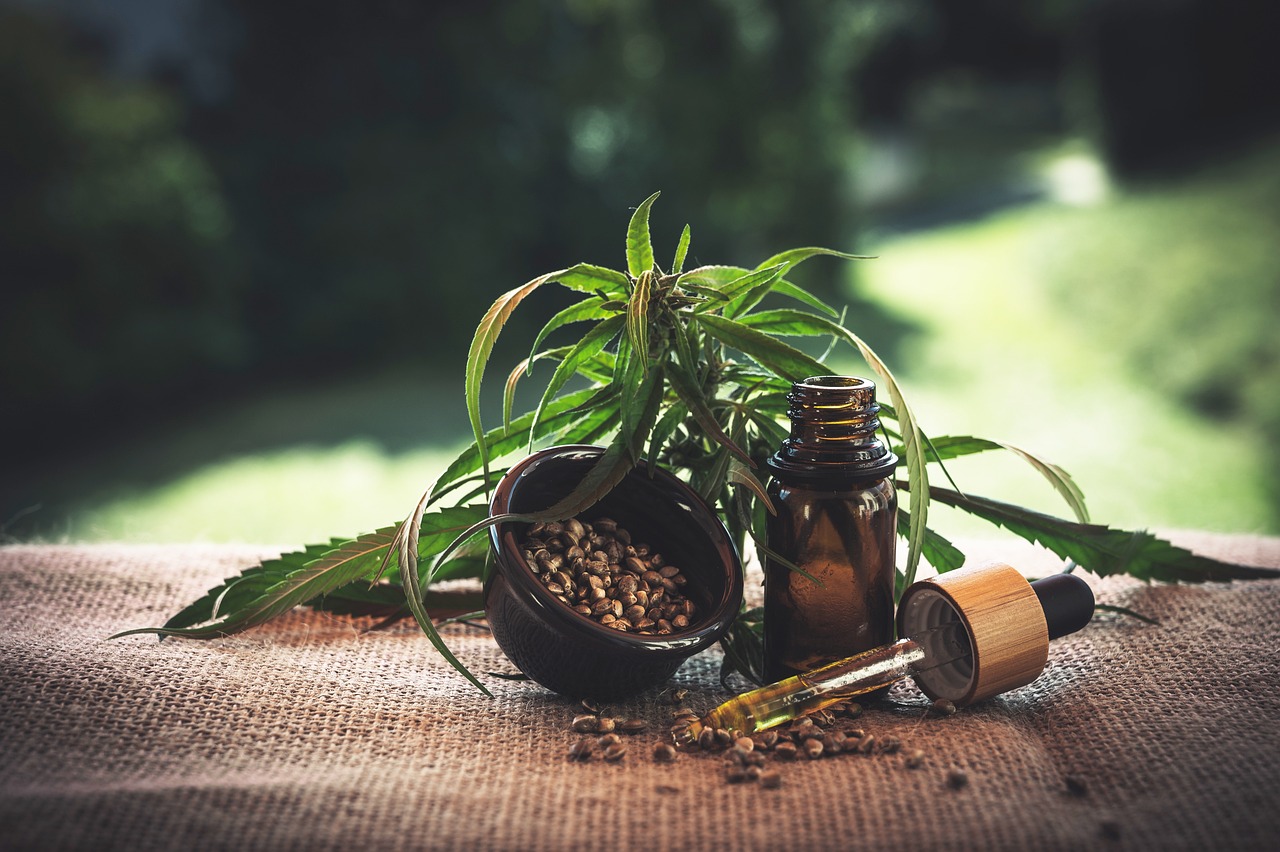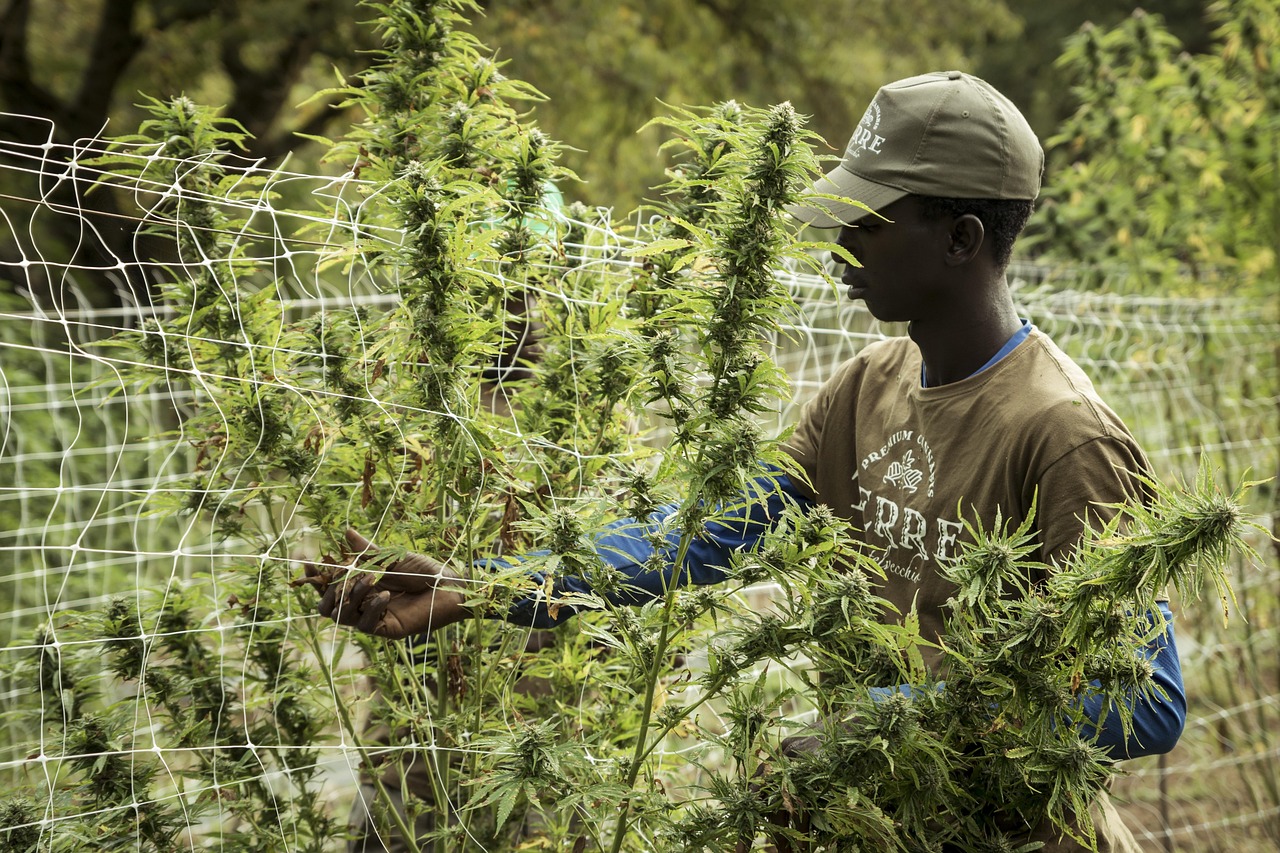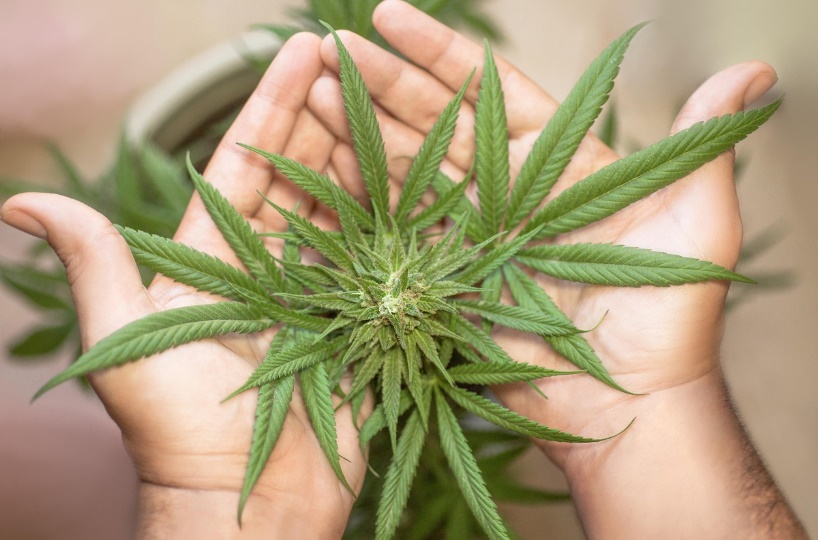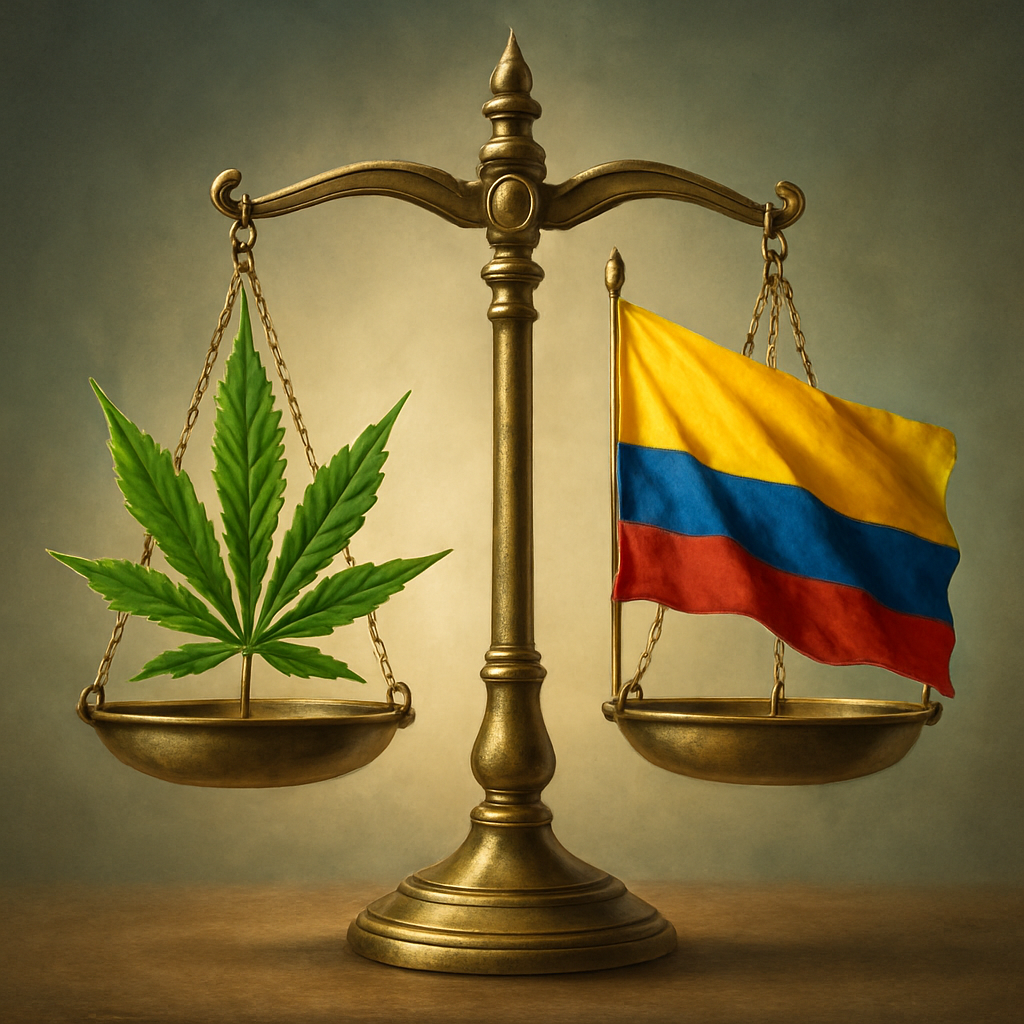
Written by Dr. Rocio Vargas
In recent years, Colombia has gained attention for its medical cannabis program, which has drawn both locals and international patients. But now, the country is taking steps toward something even bigger: the legalization of recreational cannabis.
As the debate moves forward in the Colombian Congress, many are wondering how this change could affect people both inside and outside the country. Whether you live in Colombia or plan to visit, understanding the possible shift in cannabis laws is becoming more important than ever.
So, what’s happening—and what could it mean for you?
A Quick Look at the Journey So Far
Colombia has been moving slowly but steadily towards cannabis reform for years. In 2015, the country legalized medical cannabis, becoming one of the first in Latin America to do so. Since then, hundreds of licenses have been issued for cultivation and production, especially for export purposes.
At the same time, personal use of small amounts of cannabis (up to 20 grams) has been decriminalized for over a decade. However, full legalization of recreational cannabis has remained out of reach—until now.
In 2022 and 2023, lawmakers introduced new bills aimed at regulating the recreational use of cannabis. These proposals have sparked nationwide debates and caught the attention of international media. Although some of the measures fell short in previous sessions, support has grown. The conversation is no longer about if legalization will happen, but when.
What Legalization Might Look Like
The proposals on the table would allow adults over the age of 18 to buy, possess, and use cannabis legally. There could be regulated shops where people can buy cannabis products, similar to those in parts of the United States and Canada. Some versions of the law also allow for home cultivation, giving individuals the right to grow a few plants for personal use.
Lawmakers have discussed placing strong limits on advertising and setting up a national registry for sellers. The goal is to create a controlled and legal market while keeping cannabis away from minors and illegal dealers.
Of course, the final law could look different depending on how future votes go and how the government decides to enforce the rules.
What This Means for Colombians
For Colombian citizens, the change could bring both opportunities and challenges. Legalization could reduce arrests and give people more freedom in their personal choices. It could also open the door for new jobs in farming, retail, security, and research.
On the other hand, not everyone is convinced. Some worry about increased use among teenagers, impaired driving, and public health issues. As a result, the government is expected to combine legalization with strong public education campaigns.
What This Means for Tourists and Expats
If you’re visiting Colombia or living here temporarily, this change could affect you, too.
For tourists who already use cannabis for medical reasons, this shift could make access easier. While medical cannabis is legal in Colombia, patients currently need a doctor’s prescription and must use licensed pharmacies. If recreational use becomes legal, visitors might no longer need to worry about medical paperwork just to use cannabis.
Legalization could also spark new business ideas aimed at tourists. Cannabis-related tours, spa treatments, and cultural experiences might start to appear in popular destinations like Medellín, Bogotá, and Cartagena.
That said, it’s still important to know the rules. Using cannabis in airports, near schools, or while driving would likely remain illegal. And just because cannabis is allowed in Colombia doesn’t mean you can carry it to another country. Border laws are very strict.
If you’ve ever typed “is weed legal in Colombia” into a search engine, the answer depends on what kind of cannabis you mean. Medical cannabis is legal, and recreational use might be next.
Built on a Medical Foundation
One reason this move is gaining traction is that Colombia already has a solid base in the medical cannabis industry. The country has issued over 1,700 licenses and is one of the largest exporters of cannabis extracts in the world.
This gives Colombia a head start. If recreational cannabis is legalized, the systems for cultivation, testing, and distribution are already in place. Local companies and clinics are paying close attention to the legal updates, preparing to expand their services and reach a wider group of consumers.
What Happens Next
As of now, Colombia has not passed a final law to legalize recreational cannabis. But new sessions of Congress are scheduled, and public support is growing. A vote could happen in the next few months.
Even after the law is passed, it may take time to set up the rules and enforce them. The government will likely need to create new agencies or expand current ones to regulate the market.
For now, whether you’re a local or a traveler, it’s best to stay informed. Keep an eye on updates from official sources, and if you’re using cannabis for health reasons, make sure your usage follows current laws.
Final Thoughts
Colombia is close to a major shift in how it handles cannabis. Legalizing recreational use could bring more freedom and more business, but it also requires careful planning and responsible use.
Whether you’re a Colombian citizen or an international visitor, now is the time to learn what’s changing—and what it means for you.
If you have any questions about the process or want to know if medical cannabis is right for your condition, don’t hesitate to schedule a consultation. You can contact me Dr. Rocio Vargas, I´m physician specialized in medical cannabis treatments; I will be happy to guide you with professional and personalized care.

